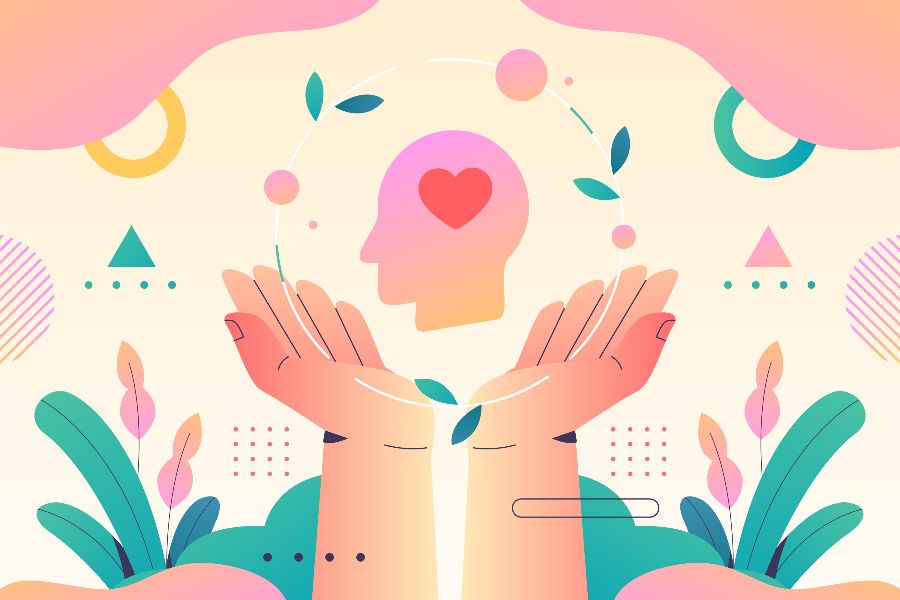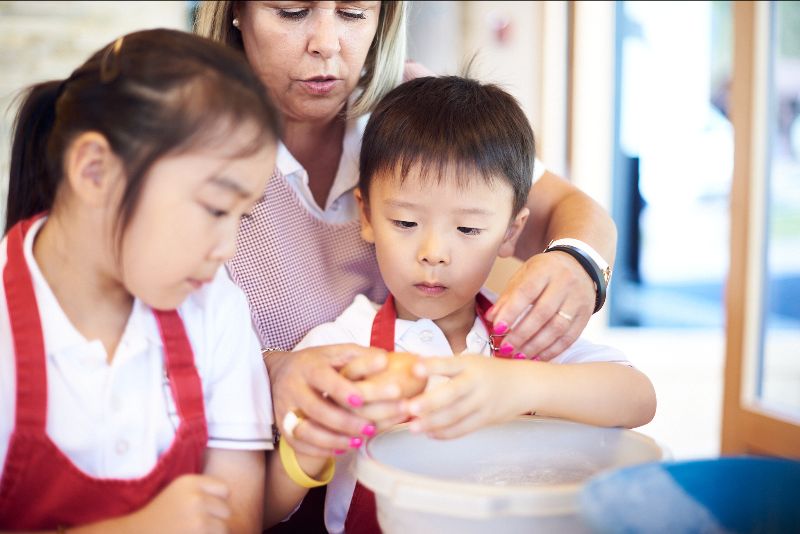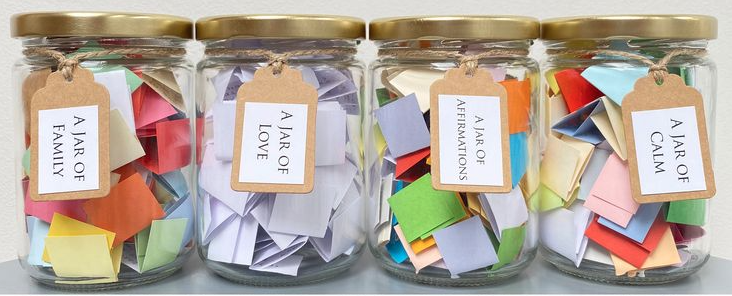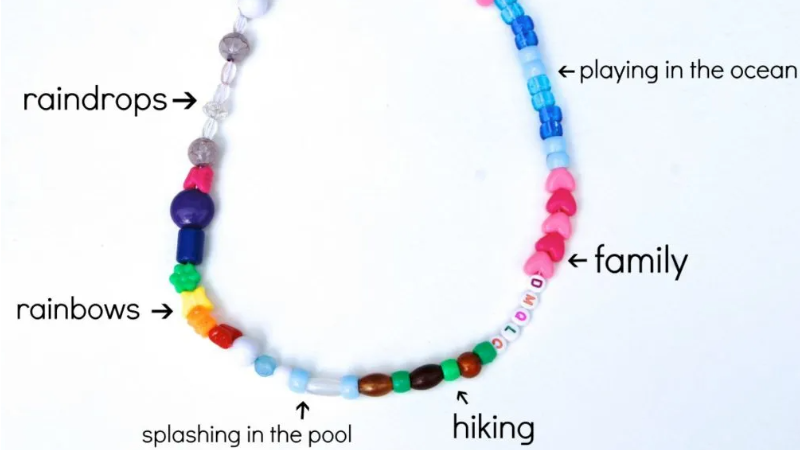La Garenne's Counselling Service

We would like to introduce our school counsellor Maya Suter to our new parents. Maya offers a supportive space where students can explore their thoughts and feelings in a confidential and non-judgmental environment.
Maya is here to help students navigate life's challenges, gain insight into their concerns, and work towards positive change. Whether they are facing personal, relationship, or academic issues, we are committed to assisting our students on their journey towards greater well-being and emotional balance.
You can contact Maya on This email address is being protected from spambots. You need JavaScript enabled to view it. if you have any questions or need more information about the counselling service.
Responsible Decision Making
As students in our secondary school prepare for life after La Garenne, it is important that they are able to make informed decisions about their future. This could be choosing their next school or university, which subjects to take in the DP years or what to study at University. Decision making is all about making choices, finding solutions and selecting the best option.
Some choices are easy, such as what to eat for breakfast or should you buy those new jeans or not. Other choices need a more considered approach. Sometimes bigger decisions are more difficult as there might be both positives and negatives for each option. There might also be some pressure from friends and family to make a certain decision.
The older you get, the more complex your choices might be and ultimately more is at stake. The more informed you are about topics such as drugs, alcohol and smoking, the easier it will be for you to make responsible choices that affect your health, safety and wellbeing.
Remember that if you struggle to make a decision, you have your teachers and parents available to support you and to help you make positive, informed and responsible choices.
- Understand how to deal with peer pressure so you can make independent choices
- Practise decision-making skills and strategies to build your confidence
- Make informed, responsible decisions around alcohol, smoking and other drugs
- Find help that will support you to make responsible decisions

Screen Time
Online safety is an important part of our school curriculum and we work extensively to help safeguard pupils from potential dangers or unsuitable material. E-Safety is taught to all pupils explaining and demonstrating how to stay safe and behave appropriately online, both at school and at home.
As a school we can only be successful in keeping our students safe online if we work collaboratively with you, their parents / carers, in ensuring that the message of online safety is consistent.
We teach our students the following Golden Rules:
- Use a nickname and not your real name when you are online.
- Keep personal information safe, share only with people you know.
- Use websites that are suitable for your age and remember that you are still talking to strangers.
- Be nice to others online, in the way you would expect other people to be nice to you.
- Tell an adult if you hear or see something that is not right.
What can you as parents do to support us and your child?
Location: Think about placing your computer in a supervised family area. Always supervise your child when they use webcams and applications that allow voice or video chats.
Legal age: The widespread availability and use of social networking applications allow us to communicate with audiences in a new way. It is important that you remember that not all applications are suitable for your child's age and that there is a minimum age requirement. The following link can be used as a guide: Internetmatters.org
Dialogue:
- Talk to your child and ask them to show or even teach you how they use the internet.
- Learn which websites or tools they like to use and why. Learning together can often open opportunities to discuss safe behaviour with your child.
- Always ensure your child knows how to block or report people online who send nasty or inappropriate messages or content.
- Encourage your child not to retaliate or reply.
- Make sure your child knows to tell an adult they trust if they see something online that makes them scared, worried or uncomfortable.
- It is essential to be realistic – banning the internet or technology will not work and it often makes a child less likely to report a problem.
Websites for more information
Thinkuknow.co.uk
Childnet.com
Getsafeonline.org
bbc.co.uk/onlinesafety
Mindfulness

Mindfulness can be defined as the mental state achieved by focusing on the present moment whilst also accepting our feelings, thoughts and bodily sensations. By integrating mindfulness into the day, we can equip our children with lifelong skills that support their current and future mental health and wellbeing.
1. Breathe! Deep breathing is nature's way of relaxing the brain and the body. You can 'trick' the brain with controlled deep breathing. Get your children to inhale for the count of five. Hold the breath for a second, and then slowly exhale for a count of eight. Repeat ten times, or until calm.
2. Mindful doodling: It relaxes the mind, and allows the learning to make connections in the brain. It will also help if you play relaxing meditation music in the background.
3. Mindful gratitude: Throughout the day, get your child to stop what they are doing and take three mindful breaths, and silently write down one thing they are thankful for, on a special 'Gratitude List'. By the end of the day, the list will be long and filled with happy thoughts.
4. Worry Stones: This is a 'focus object' that can allow children to release their worries and connect with their inner mindfulness of calm and peace. Have a collection of smooth stones to hand. When the child starts to become anxious, have them rub the stone, while focusing on the feel of the stone, and taking deep belly breaths.
5. STOP! This is a ten second mindfulness idea. When a child is getting frustrated, wriggly or overwhelmed, use the acronym STOP to resettle them.
S = Stop what you are doing
T = Take a deep breath
O = Observe what is happening around you
P = Proceed
And one more bonus tip... Develop your own mindfulness! Children who have access to calm, mindful adults are more likely to be calm, mindful children. When they have good role models who are using mindfulness strategies day in, day out, they will follow your lead.
Positivity breeds positivity and mindfulness will become part and parcel of life. Remember that stress is a part of life. It will not disappear. But we can control how we react to stress.
Creative Wellbeing Activities

Wellbeing jars
This activity can be a gift from you and your child to another member of your family or a friend. Your child can choose what kind of a jar they would like to create and they will write messages of love to that person on different pieces of paper. You can support them with ideas if necessary.
You will need:
- Two or three clean jars
- Coloured card or paper
- String
- Pen / marker

Happy Thoughts Memory Bracelet
This activity is all about creating a bracelet that your child can wear to school and be reminded of all the great moments that they have had with you. This can help them feel closer to you whilst they are with us at school.
You will need:
For this activity, you will need to define with your child some key memories that they would like to remember on their memory bracelet. Choose colours to represent these memories / activities / feelings. Why not also make one for yourself to create a lovely bond with your son or daughter?
Useful Links
Yoga office / screen break
Yoga to release tension
Tai-Chi / Qigong
Meditation
Fitness with Madfit
Tabata workout
African dance lesson
Breathing exercises
The power of crying
Yoga for kids
Wellbeing books for Primary students
Mindfulnessbreathing exercises
Wellbeing apps for different ages
Books to read: If you would like to learn more about different wellbeing and mental health issues for your age, visit Reading Well. Please ask the school librarian or Eurgain if you would like to order one of the books.